How to Support Someone with An Eating Disorder
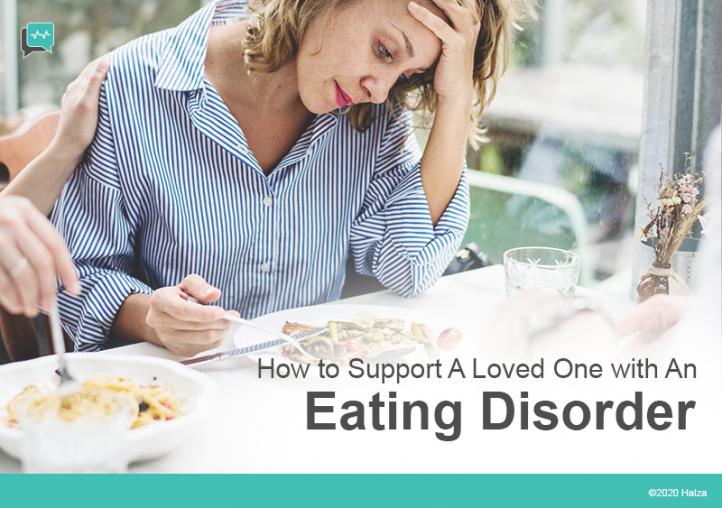
Although you might not realize it, you probably know someone with an eating disorder.
Perhaps that person doesn’t even know that they have an eating disorder. They might be aware that they are obsessed with thoughts of food; or that their mood that day depends on the number on their bathroom scale; or that it’s not a good idea to binge eat and then vomit.
But they might not be aware that those behaviors are not just about losing a few pounds or looking ‘good’ in a selfie.
There are several different types of eating disorders. All are linked with a combination of underlying psychological conditions and other risk factors. The sooner that treatment is begun, the higher the probability of a good outcome.
As their friend or loved one, you can help.
How Can I Tell If Someone I Know Has an Eating Disorder?
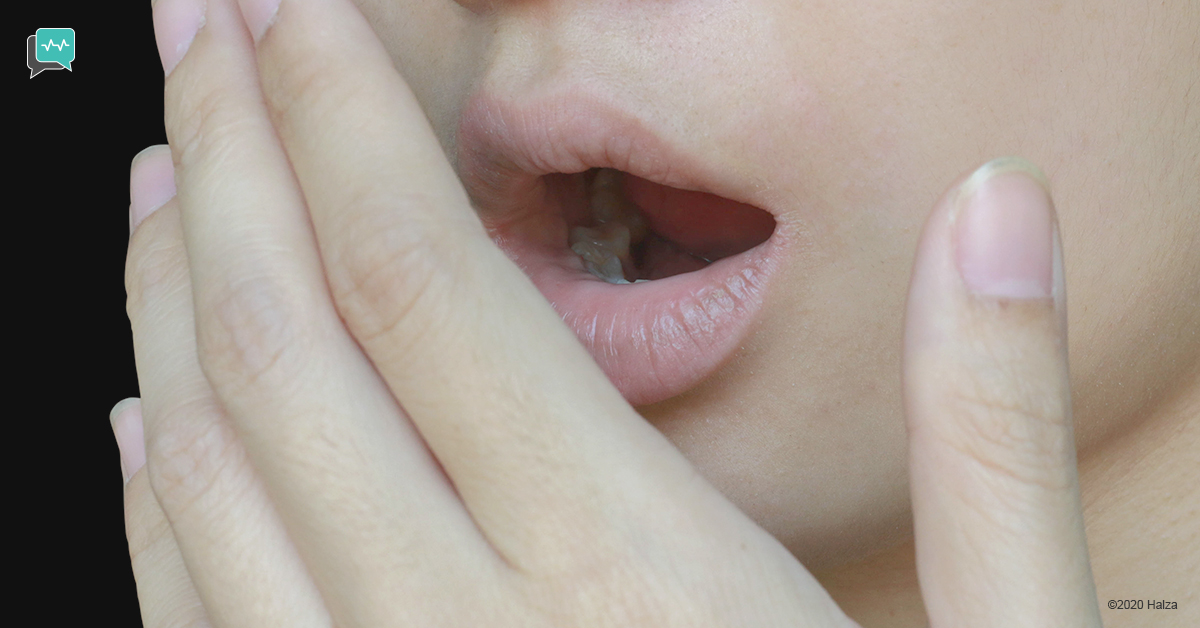
There are many clues that someone you know might have an eating disorder. Some examples are:
- Bad breath from vomit or an empty stomach.
- Tooth decay or discoloration from contact with the stomach acid in vomit.
- Thinning or brittle hair, dry skin, and/or brittle nails.
- Refusing to participate in social events.
- Constantly mentioning their weight gain, how much they ate, how unhappy they are with their body.
- Large quantities of food disappearing in a short time (for example, there were 2 cartons of ice cream in the freezer yesterday and today they are gone).
- Trips to the bathroom after each course is eaten.
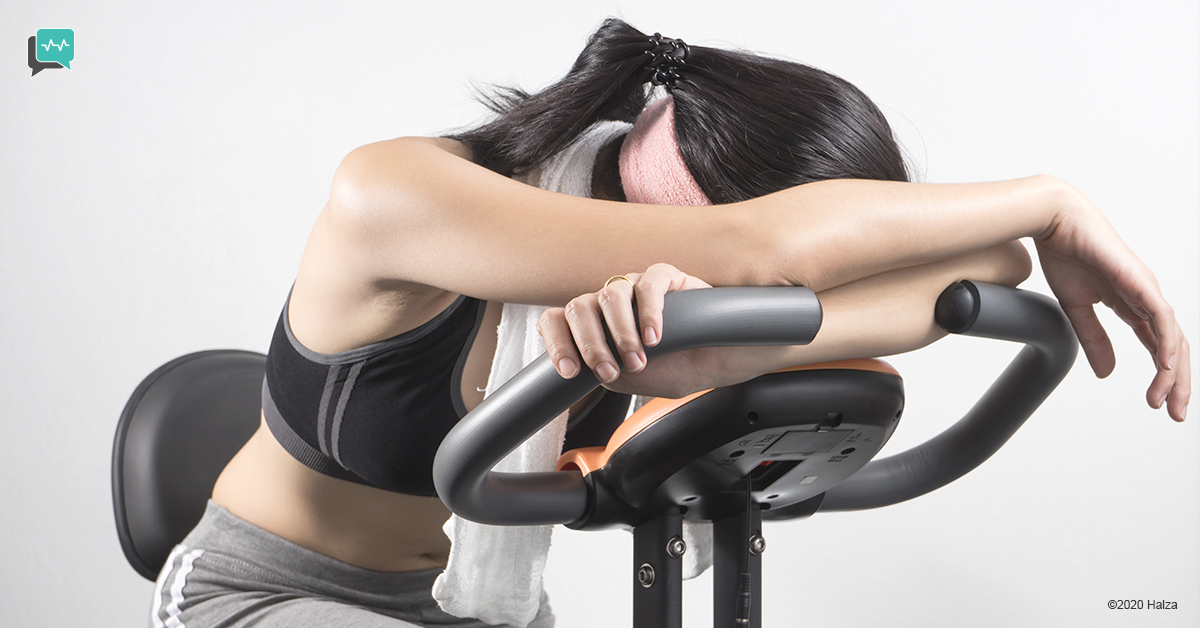
- Compulsively exercising.
- If the person is a female, she stops getting her period (and isn’t pregnant or menopausal).
- Frequently complaining of feeling dizzy, cold, or tired.
- Not eating in public or only eating tiny portions.
Of course, most of these can happen for reasons other than an eating disorder.
Related reading:
I’ve Seen Those Clues. What Should I Do to Help?
The most important thing you can do is to talk with your friend or loved one.
Most likely, all you can do is express your concern and let your friend or loved one know that you care and are there for them. Your friend might be in denial, or might not be ready to think about treatment, or might not want to talk about it.
Respect where they are in the process (unless you are concerned about their safety, in which case you would want to be sure that they receive immediate help).
If you are not yet an adult, talk to a responsible adult who can take charge of speaking with your friend and/or their family.
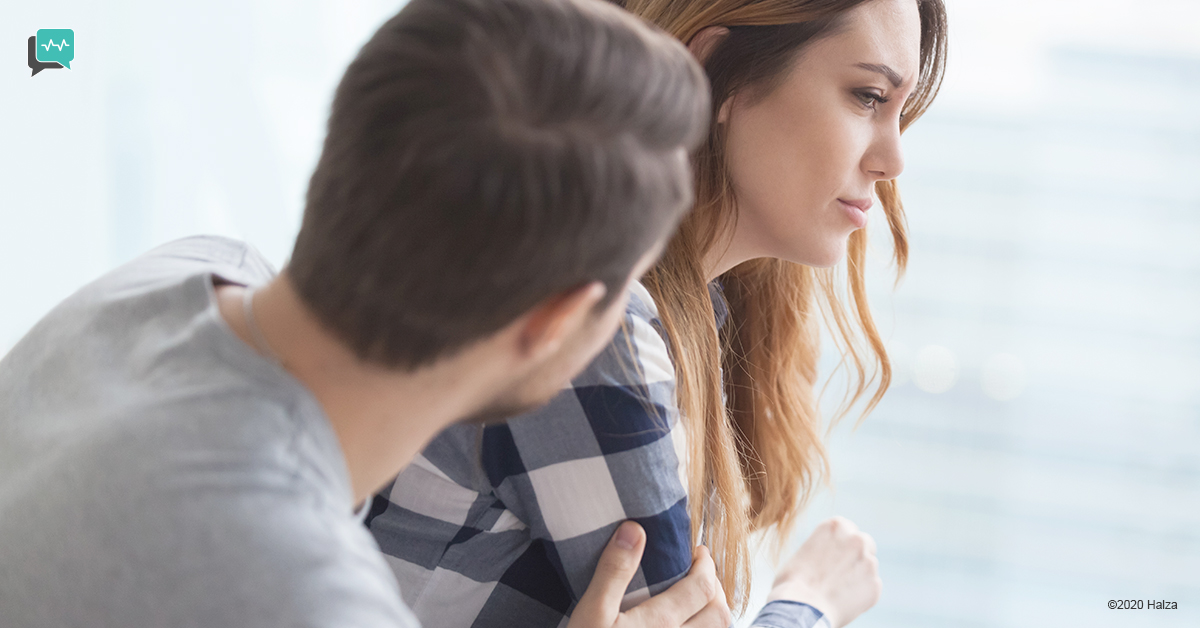 How To Start The Conversation With Your Friend Or Loved One
How To Start The Conversation With Your Friend Or Loved One
Find a quiet, private place to talk. Don’t have the conversation over a meal or snack, or with others listening.
Understand that you can’t say anything that will make your friend or loved one suddenly change their emotions or eating behaviors. That is impossible. What matters is your support, not your brilliance. The goal of the first conversation is to open the door.
Start by saying how you feel. “I’m worried that you are losing weight too quickly” is less accusatory than “You are losing weight too quickly.” Or, “I have really missed you at our social events” rather than “You don’t come to our social events anymore. Why not?” When you begin the discussion with your concerns rather than with their problems, they will feel valued rather than diminished.
If they deny that there is a problem, don’t argue with them. If you argue, they are less likely to come to you when they are ready to talk.
Don’t assume you know how they are feeling, or what might be helpful. Never say “I know how you feel”. You don’t.
Remember that the conversation isn’t about weight or body image. The disorder reflects how the person feels about themself. Telling them that they look terrific, or are too thin, will not change how they feel inside.
Know that despite your best intentions, they might get angry or defensive. Do everything you can not to return the anger. As difficult as the conversation might be for you, it is much harder for them.
I Spoke with My Friend. Now What?
In every case, leaving the line of communication open is critical. What else you do will depend on your relationship – are you social friends, siblings, life partners, colleagues, or something else? The following suggestions might not apply in all cases.
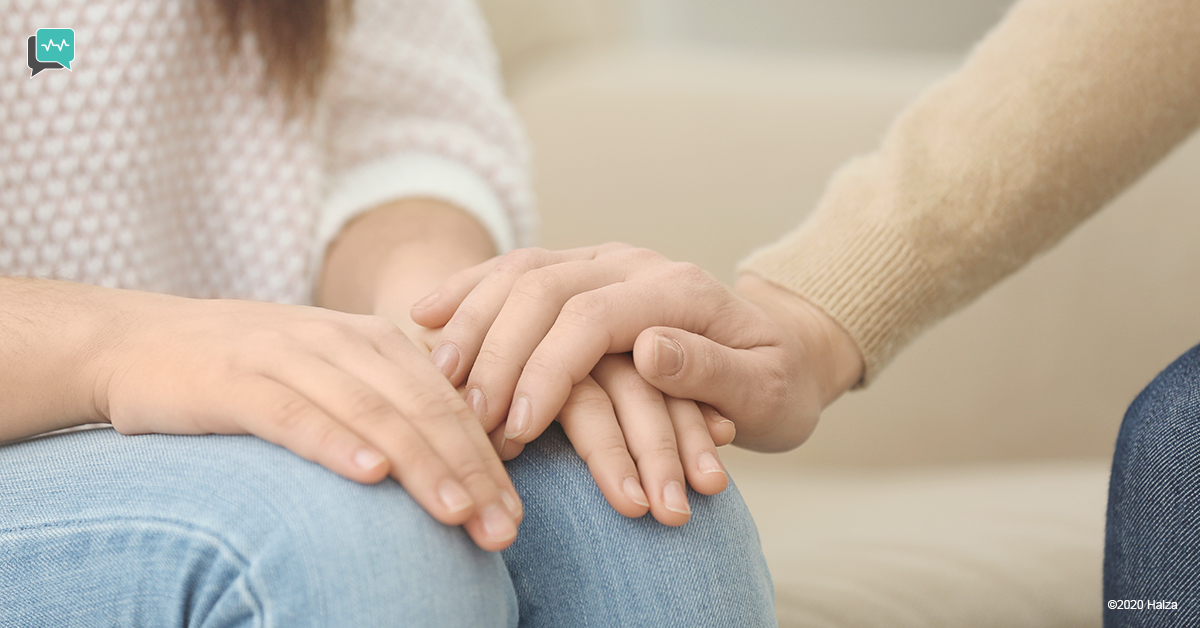
Help the person to remember that they are a whole person.
They might believe that their existence is defined by their relationship to food. Remind them that other people value them for reasons having nothing to do with food or body image.
If they are an accomplished woodworker, ask for their guidance on a home project, or if they are fascinated by history, discuss a book you both read. It won’t cure their eating disorder, but it can help their self-esteem.
Include them in social activities.
People with eating disorders tend to withdraw from friends so that no one suspects them of having an eating disorder. They might turn down invitation after invitation but keep trying. Don’t take it personally. In the long run, they will appreciate your persistence and the fact that you valued seeing them.
Avoid planning activities around food, playing sports, or swimming.
Activities such as visiting a museum, going to a show, playing games, or doing crafts can be done without concerns about eating or body image.
Steer the group away from conversations about diets, exercise, or critiquing other people’s bodies.
Model appropriate eating behavior.
It is normal (not necessarily healthy, but normal) to put sugar in your tea, butter on your bread, and cheese on your pasta. Don’t limit yourself because your friend is not eating.
Don’t try to push the person into eating more than they want to. You will only ensure that they don’t go out with you again
Do bring up the topic of treatment again. but not so often that your friend tunes you out.
Remind your friend that early treatment produces the best results.
What If I Am Really Worried About My Friend or Loved One?
It’s not easy, but you must decide how urgent the situation is and what your role is.
Are you the person best suited to intervene, or does the person have a relative or close friend who should take charge? Are they aware of the problem? Will they act? If they are not aware, should you tell them? (In most cases, yes). If they have a good relationship with the person and can manage the situation, it might be better left to them.
You can help by contacting them and providing a list of resources including local treatment options.
On the other hand, you might have to get your friend or loved one into treatment yourself. If you believe they are in imminent danger, you should act immediately, even at the risk of hurting your relationship. The consequences of not confronting them can be worse.
Think about the conversation in advance. Have a list of therapists or treatment programs handy – if possible, call the programs first to find out details about how the person can enroll.
They might be angry but do your best to be respectful and thoughtful listener and avoid saying anything judgmental or accusatory. Make sure your friend or loved one understands how important they are to you.
This Is Too Intense – It’s Affecting Me, Too
Whether you are a caregiver, a loved one, or even an acquaintance, feeling or having responsibility for a person with an eating disorder can be extremely stressful.
If the other person is not in an immediately life-threatening situation, you can – and should – withdraw from a situation that is too confrontational or stressful. You must take care of yourself before you can effectively care for someone else.
Seek out local mental health resources designed for caregivers; educate yourself about your loved one’s disorder, and don’t expect perfection – from either of you.
Related reading:
How Halza Helps
Stay connected with friends and loved ones on their health journey with the Halza app.
Send messages of encouragement and support through the Emoji Blast® and share your feelings with our very own Hen emojis.
On Halza, you can also manage your family members’ health journey with ease with the Family Accounts feature. Set health Reminders to never miss a scheduled test, appointment, or check-up.
Keep track of your loved ones’ health to better aid their recovery with Halza.
Download the app today!

